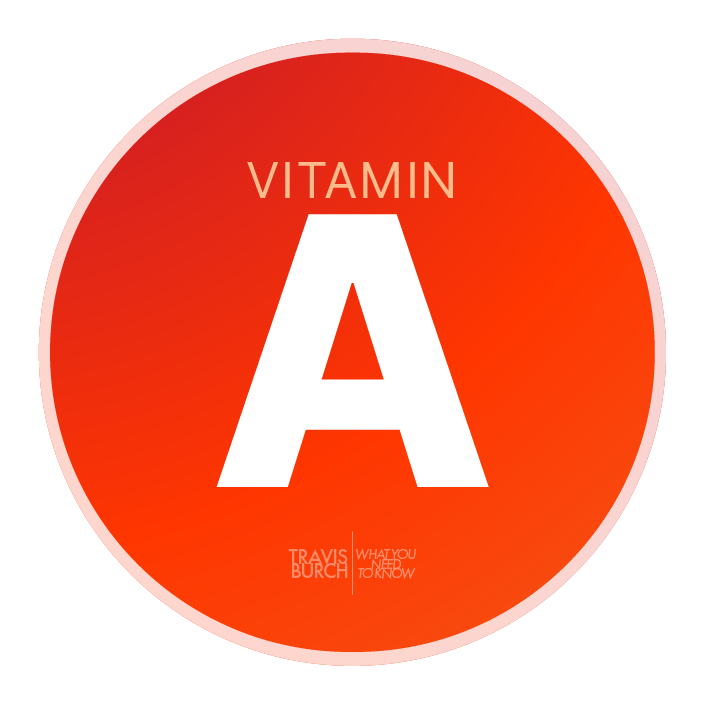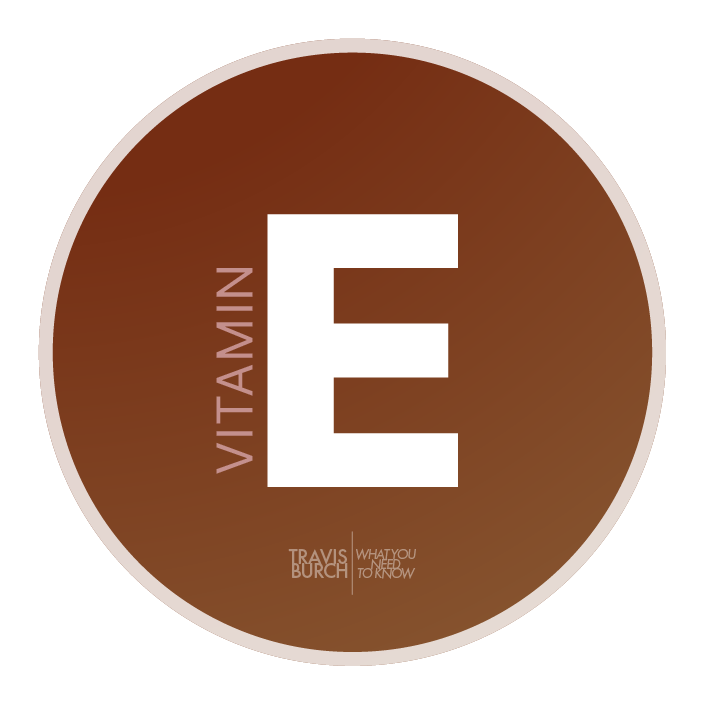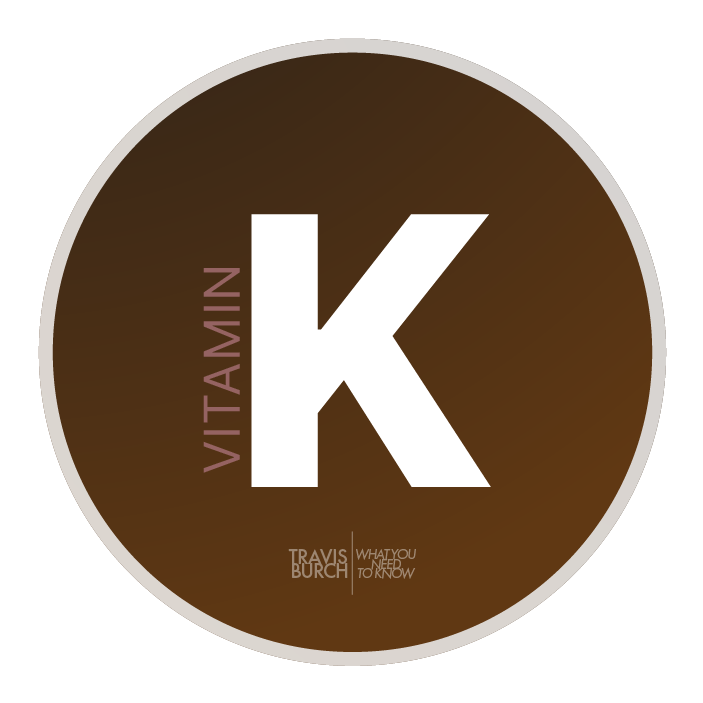D A E K
(Fat-Soluble Vitamins)

What you need to know about the fat-soluble vitamins — at a glance.
(Back to NUTRIENTS home)

Vitamin D
Info
The ‘sunshine vitamin’ is actually a group of steroid hormones — produced in response to UV-B light.
Vitamin D’s effects venture far beyond its role in calcium absorption — every single facet of the human body is impacted: from top to bottom, inside and out.
RDV
- 4000IU*/day
(*NOTE: Supplementing this amount daily is often dangerous).
Great Food Sources
- none
Vitamin D’s Partners
Vitamin A & Magnesium
Other Co-factors:
Calcium
Vitamin K
(Weak Co-Factors)
(Selenium, Potassium, Vitamin E, Vitamin C)
Vitamin D Symptoms
Deficiency
- Fatigue
- Insomnia
- Brain fog
- Immunosuppression
- Hypothyroidism
- Rickets (severe deficiency)
- Low serum calcium
- Muscle weakness
- Bone pains
- Cramps & spasms
- Weak hair growth
Excess
- Muscle cramping
- Poor appetite
- Kidney damage
- Constipation (sometimes, diarrhea)
- Increased allergies, higher mast cell response –> greater autoimmune response
- Symptoms of low magnesium
- Symptoms of low Vitamin A
- Weak hair growth
To Raise
Vitamin D levelS
- Increase Vitamin D supplementation
- Optimize partner: Vitamin A & magnesium (to adequate levels)
- Sunlight exposure –> when UV Index is above 4
- Improve gut health
- Keep calcium intake moderate
to LOWER
Vitamin D levels
- Limit or avoid Vitamin D supplementation
- Optimize partner: Vitamin A & magnesium (to adequate levels)
- Increase all other cofactors: see above (to adequate levels)
When?
Via Sunlight
- Midday (or UV Index = 6-9)
Via Pills
- Morning or midday
- In deficiency, Vitamin D is energizing, but can sometimes induce sleep when taken in the evening.

Vitamin A
Info
A collection of pro-hormone nutrients that partner with Vitamin D.
Vitamin A enables Vitamin D to function optimally. Critical for vision and ocular health, along with metabolism, digestion, immunity, sleep, hormone balance, and more.
In a healthy liver, carotenes can be converted to real Vitamin A (retinol).
RDV:
- 4000IU/day
Great Sources:
- liver
(Sources carrotenes)
- Orange or yellow vegetables
- Dark green leafy vegetables
Products
These are the highest-quality, most effective Vitamin A products available.
Vitamin A’s Partner
Vitamin D
Other Co-factors:
Zinc
Vitamin E
Copper
Iron
UV light (degrades Vit A)
Vitamin A Symptoms
Deficiency
- Poor night vision
- Skin problems: rough, dry, acne
- Insomnia
- Immunosuppression
- Weak dental enamel
- Weak hair growth
- Brain fog
- Overproduction of mucous
Excess
- Liver damage
- High blood sugar
- Insomnia
- Brain fog
To Raise
Vitamin A levelS
- Vitamin A-rich food: liver (or carotenes, if in good health).
- Wise Vitamin A supplementation (preformed is better than carotenes).
- Optimize cofactors (see above) to adequate levels
to LOWER
Vitamin A levels
- Limit intake of carotenes in the diet.
- Limit or avoid Vitamin A supplements.
- Optimize levles of co-factors (see above) to optimal.
- UV-A and UV-B both light reduce Vitamin A.
When?
Daytime
- In deficiency, Vitamin A is energizing yet can induce sleep and prevent insomnia. Therefore, evening supplementation is sometimes acceptable.
- Consider taking Vitamin A after sunbathing rather than before.

Vitamin E
Info
A collection of eight compounds make up Vitamin E — four tocopherols and four tocotrienols.
Essential for hormone balance, metabolism, skin, hair, teeth, immunity, and digestion. Make sure to supplement with a product with all eight forms of Vitamin E.
RDV:
- 100IU*/day
(* Vitamin E’s daily value is widely debated. Most advice rarely refers to all 8 forms. Exercise caution).
Great Sources:
- none
Products
This is by far the highest-quality, most effective Vitamin E product available.
Vitamin E’s Partner
Vitamin C
Polyunsaturated Fats
Other Co-factors:
Vitamin A
Zinc
Vitamin C
Calcium
Vitamin E Symptoms
Deficiency
- Fatigue
- Cramps
- Skin issues: dryness
- Menstrual difficulties
- Bruising
- Fibrocystic diseases
- Liver spots
Excess
- Fatigue
- Muscle weakness
- Disregulated blood pressure
- Nausea
- Immunosuppression
- Hypothyroidism
To Raise
Vitamin E levelS
- Wise Vitamin E supplementation.
- Optimize levels of all co-factors.
to LOWER
Vitamin E levels
- Limit or avoid Vitamin E supplements.
- Increase co-factors to optimal (especially Vitamin A, and possibly PUFA).
When?
Morning
- Vitamin E can be extremely energizing. Avoid taking later than mid-afternoon if insomnia is a concern.
- Vitamin E can elevate glutamate, but its greatest effects on sleep come from 1) depleting co-factors Vit D and Vit A and 2) boosting the metabolism.

Vitamin K
Info
A group of dark-colored compounds.
Essential for blood clotting and calcium homeostasis, as well as many hormonal and metabolic functions. K1 is from plants, while K2 is from animals. Gut microbes can produce Vitamin K.
RDV:
- ~100mcg/day
Great Sources:
- natto (K2)
- various greens (K1)
Products
- Life Extension K1+K2 (amazon) (Take 1-2x/week for maintenance)*
- Thorne K2 Liquid Drops (iherb) (Use 2-3 drops, 1-2x/week for maintenance)*
- Jarrow MK-7 (iherb) (Take 2-3x/week for maintenance)*
*Maintenance doses are less likely to create imbalances.
Vitamin K’s Partners
Vitamin D & Calcium
Other Co-factors:
Vitamin A
Copper
CoQ10
Vitamin K Symptoms
Deficiency
- Poor clotting; excessive bleeding
- Bruising
- Digestive problems
- Risk of stroke
- Calcified tissues & joints
- Cognitive issues
Excess
- Fatigue
- Insomnia
- Digestive issues
- Symptoms of low co-factors
- Skin issues
To Raise
Vitamin K levelS
- Wise Vitamin K supplementation -or- foods.
- Maintain or achieve proper co-factor levels (see above).
- Improve gut health (for endogenous Vitamin K production).
to LOWER
Vitamin K levels
- Reduce or avoid all Vitamin K supplementation
- Increase all co-factors to optimal levels (see above)
- Improve gut health for better absorption of all nutrients
When?
Morning
- Vitamin K can be energizing and prevent sleep when taken later in the day (or when levels are elevated beyond its co-factors).
Medical Disclaimer: This information is not intended to diagnose, treat, or prevent any disease. Supplement nutrients at your own risk — they are extremely capable of affecting change within your body, for better or for worse.
